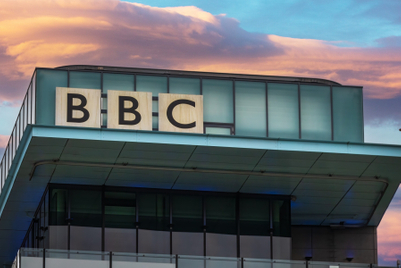
More than three out of five people (62 percent) responding to a BBC-sponsored study said that association with an untrusted media outlet would negatively affect their perception of a brand.
The study, The Value of News—and the Importance of Trust, was conducted by BDRC Asia on behalf of BBC. A total of 1,549 consumers from Australia, Singapore, Malaysia, Hong Kong and India were polled in the online survey, carried out in March this year.
The study found digital platforms run by traditional news publishers to be the most trusted digital-news platforms, and brands associated with these outlets enjoy at least 50 percent higher level of trust than those associated with other digital-news platforms.
Other findings:
- 61 percent say they would trust an advertiser more if it advertises on a trusted news channel or website.
- 65 percent would consider the brand more if it advertises on a reliable site
- 65 percent agree that they are more inclined to read sponsored content on the trusted sites
- TV is the most popular platform for international news (85 percent), followed by social media (76 percent), news apps (50 percent), websites (49 percent), newspapers (45 percent) and news aggregators (36 percent).
The trust level for established media brands is significant, as 64 percent of respondents said it is hard to distinguish between real and fake news. Seventy-nine percent said they turn to well-known media outlets to stay abreast of the latest news, an important preoccupation for 82 percent of the respondents surveyed.
While social media and international channels are both the go-to channels for breaking news, 68 percent of social-media users say they use the international media channels as a source for fact checking.
“In a world of fake news and increasing mistrust in the media, brand safety and trust are crucial for any quality advertiser," Chris Davies, commercial director for BBC Global News, said in a release. The research reveals clear evidence of a halo effect and credibility boost for brands associated with trustworthy media outlets, he said.




.jpg&h=334&w=500&q=100&v=20250320&c=1)
.jpg&h=334&w=500&q=100&v=20250320&c=1)


+(1).jpg&h=334&w=500&q=100&v=20250320&c=1)

.jpg&h=334&w=500&q=100&v=20250320&c=1)

.jpg&h=268&w=401&q=100&v=20250320&c=1)


.jpg&h=268&w=401&q=100&v=20250320&c=1)



